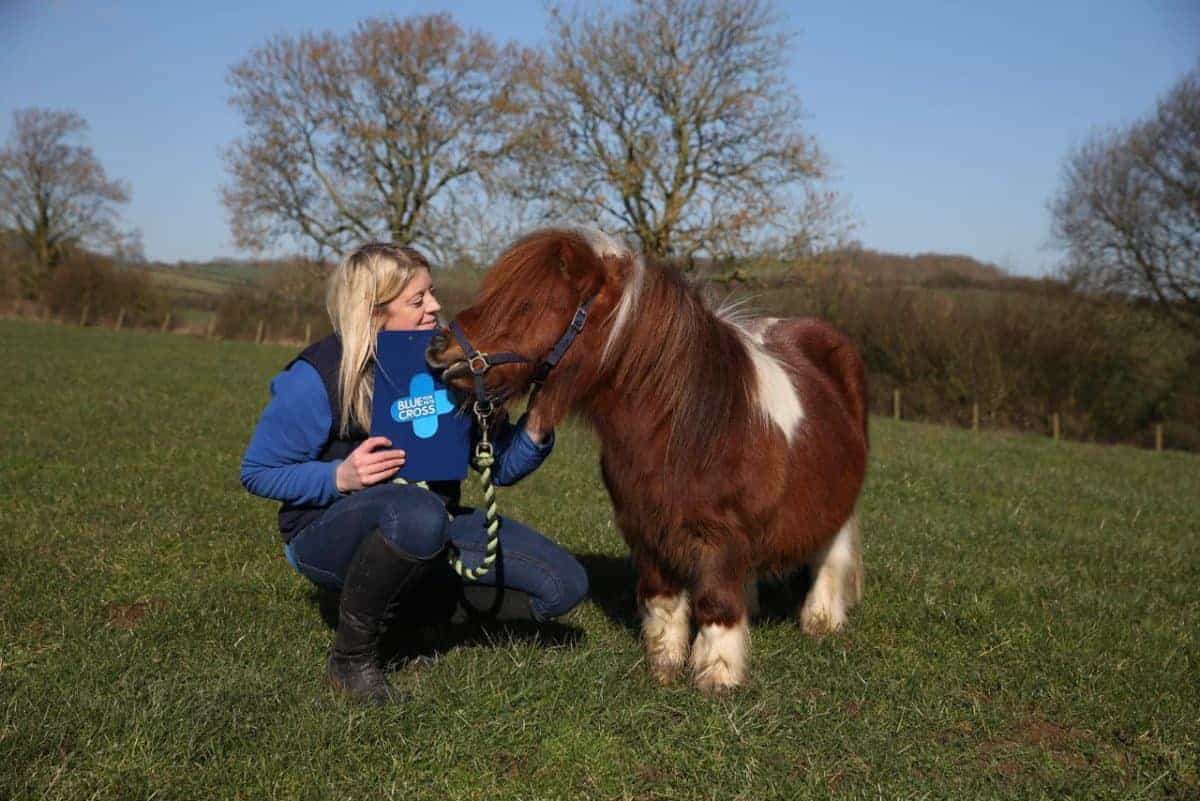Lameness is the biggest health problem in horses

A national survey has found some 38% of horses are suffering from some degree of health problem – and of these, almost one third had some sort of lameness.
Lameness study
The National Equine Health Survey (NEHS) showed that lameness was the biggest problem affecting the health of British horses. The cause of the lameness is more likely to be caused by conditions such as osteoarthritis in the limb rather than problems in the foot.
A breakdown of the types of lameness revealed that 47.4% were recorded as suffering from proximal limb lameness (the limb above the foot), 31.9% from causes of foot lameness other than laminitis and 20.7% from laminitis.
Most common
Degenerative joint disease (including foot and proximal limb) was the most frequently reported single cause of lameness (41.2% of all lameness) and the most frequently reported joint affected by DJD was the hock (15.3% of all lameness).
Josh Slater from the Royal Veterinary College, who is a member of BEVA’s Health & Medicines Committee and analysed the NEHS data, said: “The data gleaned from the Survey remains consistent year on year, confirming the reliability of our findings for benchmarking, referencing and research.
“This year’s increase in overall lameness may be in part attributed to the higher incidence of pus in the foot but may also be because owners are becoming more aware of lameness issues.
“Ongoing research on lameness has generated significant media coverage over the past year, helping to raise understanding of the importance of accurate diagnosis and treatment both from welfare and performance perspectives.”
Annual survey
Blue Cross carries out NEHS in May each year, in partnership with the British Equine Veterinary Association (BEVA). It is sponsored by Dodson & Horrell and Zoetis and supported by the UK’s leading equestrian organisations and charities.
A total of 5635 people took part in this year’s survey, with information provided about 16,751 horses, ponies, donkeys and mules.
Gemma Taylor, Education Officer at Blue Cross said: “The significant increase in participation again this year shows that owners and keepers of horses are really getting behind the Survey and recognising its importance in safeguarding the future health and of the UK’s horses.”
To download a copy of the NEHS survey visit http://www.bluecross.org.uk/nehs2016results
Watch our Vet Essentials series now on H&C Play – covering topics such as colic, Cushing’s and laminitis. Click here to view.






